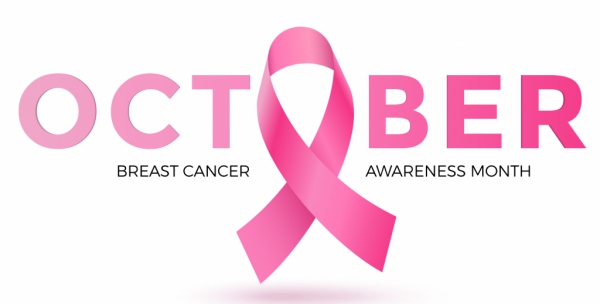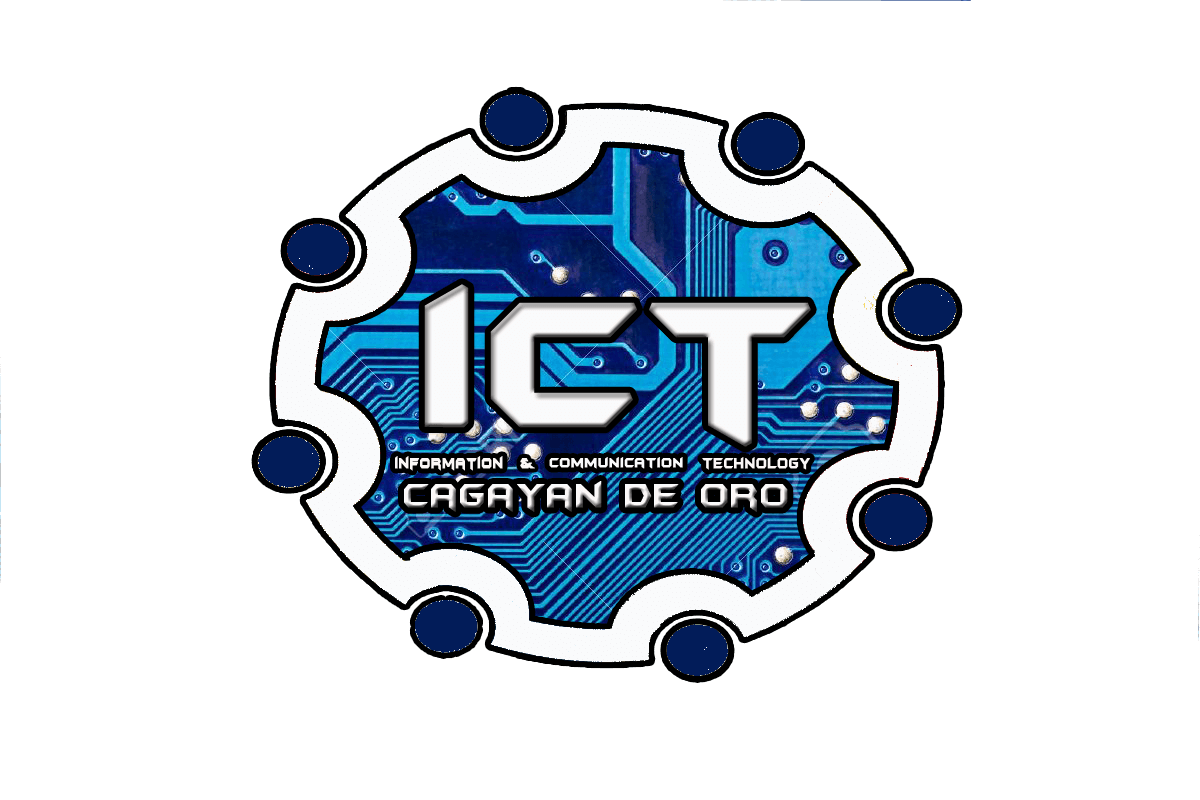Breast Cancer is a disease arising in the lining cells (epithelium) of the ducts or lobules in the glandular tissue of the breast. Over time, cancer cells may invade the surrounding breast tissue, nearby lymph nodes, or to other organs in the body. If a woman dies from breast cancer, it is because of widespread metastasis.
According to the World Health Organization, it is the world’s most prevalent cancer. Approximately half of breast cancers occur in women with no identifiable risk factors except for gender (female) and age (over 40 years). Approximately 0.5-1% of breast cancers occur in men. Certain factors increase risks, such as increasing age, obesity, harmful use of alcohol, family history of breast cancer, history of radiation exposure, reproductive history, tobacco use, and postmenopausal hormone therapy. Behavioral choices and related interventions that reduce the risk of breast cancer include:
- Prolonged breastfeeding
- Regular physical activity
- Weight control
- Avoidance of harmful use of alcohol
- Avoidance of exposure to tobacco smoke
- Avoidance of prolonged use of hormones
- Avoidance of excessive radiation exposure
Breast cancer most commonly presents as a painless lump or thickening in the breast, although as many as 90% of breast masses are not cancerous. Other symptoms include any change in the size or shape of the breast, pain in any area of the breast, and nipple discharge other than breast milk (including blood). Because breast cancer can present in a wide variety of ways and treatment can be highly effective if the disease is treated early (survival probabilities of 90% or higher), a complete medical examination is important. Women with persistent abnormalities lasting more than one month should undergo tests including imaging of the breast or tissue sampling (biopsy).

The Department of Health has established the Cancer Assistance Fund (CAF) to financially support the Cancer and Supportive-Palliative Medicines Access Program (CSPMAP), which aims to provide free medicines for those with breast and other cancers who are not yet fully covered by Philhealth. In Cagayan de Oro City, CSPMAP can be accessed at the Northern Mindanao Medical Center. This year, more than 3,000 patients with breast cancer were given free cancer medicines under the Program.
If you are concerned about changes in your breast, please feel free to approach our Internists and/or Surgeons at J.R. Borja General Hospital Outpatient Department. We can help!
Sources: DOH website
WHO Fact sheet: Breast Cancer


